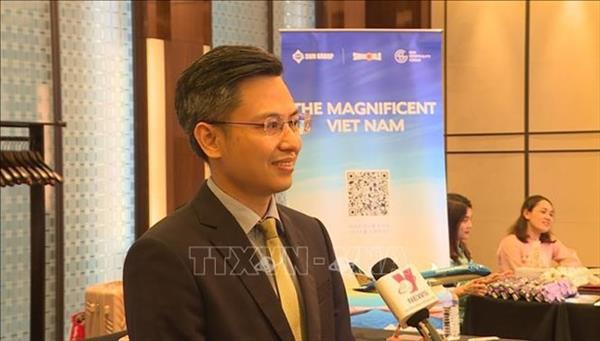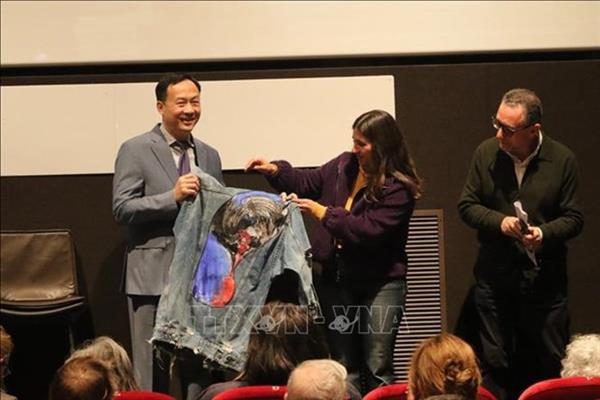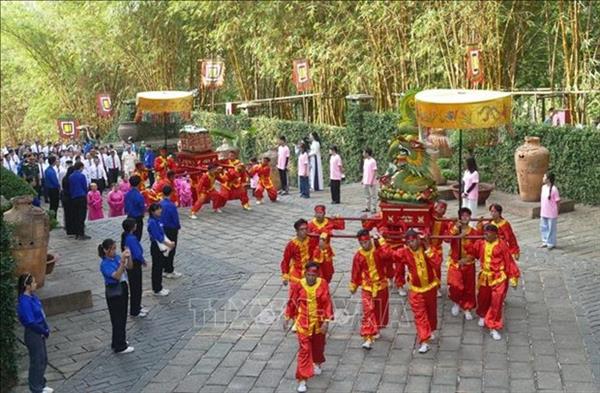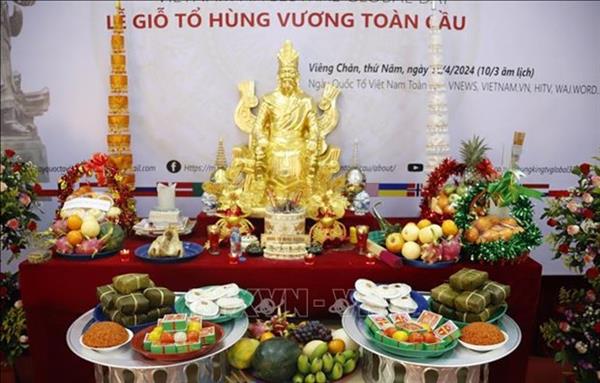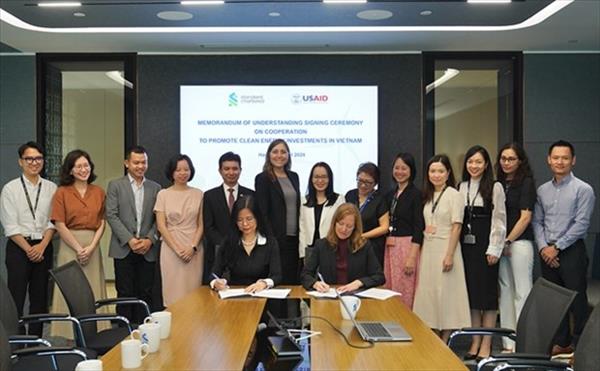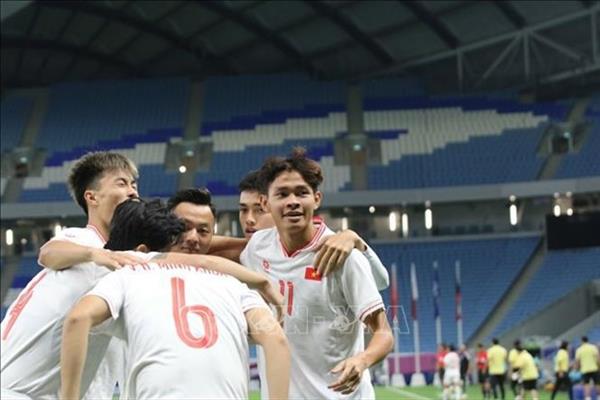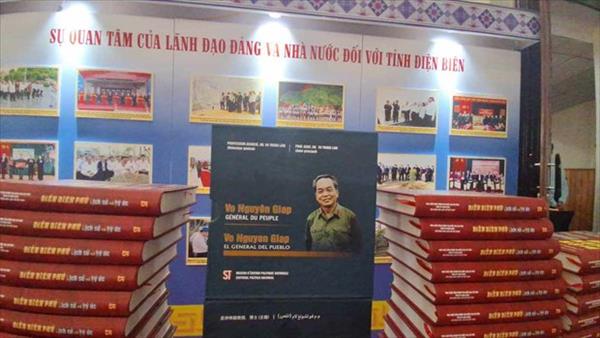Minister of Finance Dinh Tien Dung was quoted in a Thanh Nien (Young People) newspaper’s report as saying that this year the ministry plans to provide a travel allowance to officials who were previously eligible to use State-owned cars at ministries and localities. The allowance would subsidise business trips within a city or town, the report said.
According to the law, only top leaders from the deputy ministerial rank and above were eligible to use State-owned cars. However, these were often used by local level department heads.
As of October last year, the ministry began curbing the use of State-owned cars in an effort to reduce State spending. The six deputy finance ministers and heads of departments began to get travel allowances (their taxi fares subsidised), depending on the distance from the officials’ house to the office. Alternatively, they could use their own cars and still receive the subsidy, but the use of State-owned cars was prohibited.
According to the latest statistics provided by the ministry’s Public Asset Management Department, there are currently some 37,000 State cars in use, each of which costs an average of 320 million VND (13,800 USD) in maintenance each year.
If the travel allowance for a deputy minister is 9 million VND (400 USD) per month, equivalent to 108 million VND (4,800 USD) per year, up to 230 million VND (10,200 USD) can be saved annually.
If the number of State-owned cars is cut by 30 percent, (11,100 cars), the Government would save 2.3 trillion VND (102 million USD) each year; this would increase to more than 4.2 trillion VND (186.7 million USD) if the number was cut by 50 percent.
Hanoi is the first locality nationwide to implement the travel allowance scheme on a trial basis. Since the beginning of this year, the subsidy has been applied in eight administrative units, including four departments and four districts. Each official is given a travel allowance of 9 million VND per month, and each unit is allowed to operate two State-owned cars for business travel.
Associate Professor Ngo Tri Long welcomed the new move, but added that it was necessary to review and reduce the number of unused State-owned cars and drivers once the subsidy takes effect.
“Otherwise, we will waste money on car subsidies and wages for drivers while both the cars and drivers are not working,” he said.
He felt that the new policy should become a law that all units have to follow.
The Ministry of Finance should consult with the Government on deciding practical subsidy levels for leaders of local agencies, he said.
According to the law, only top leaders from the deputy ministerial rank and above were eligible to use State-owned cars. However, these were often used by local level department heads.
As of October last year, the ministry began curbing the use of State-owned cars in an effort to reduce State spending. The six deputy finance ministers and heads of departments began to get travel allowances (their taxi fares subsidised), depending on the distance from the officials’ house to the office. Alternatively, they could use their own cars and still receive the subsidy, but the use of State-owned cars was prohibited.
According to the latest statistics provided by the ministry’s Public Asset Management Department, there are currently some 37,000 State cars in use, each of which costs an average of 320 million VND (13,800 USD) in maintenance each year.
If the travel allowance for a deputy minister is 9 million VND (400 USD) per month, equivalent to 108 million VND (4,800 USD) per year, up to 230 million VND (10,200 USD) can be saved annually.
If the number of State-owned cars is cut by 30 percent, (11,100 cars), the Government would save 2.3 trillion VND (102 million USD) each year; this would increase to more than 4.2 trillion VND (186.7 million USD) if the number was cut by 50 percent.
Hanoi is the first locality nationwide to implement the travel allowance scheme on a trial basis. Since the beginning of this year, the subsidy has been applied in eight administrative units, including four departments and four districts. Each official is given a travel allowance of 9 million VND per month, and each unit is allowed to operate two State-owned cars for business travel.
Associate Professor Ngo Tri Long welcomed the new move, but added that it was necessary to review and reduce the number of unused State-owned cars and drivers once the subsidy takes effect.
“Otherwise, we will waste money on car subsidies and wages for drivers while both the cars and drivers are not working,” he said.
He felt that the new policy should become a law that all units have to follow.
The Ministry of Finance should consult with the Government on deciding practical subsidy levels for leaders of local agencies, he said.
VNA/VNP

